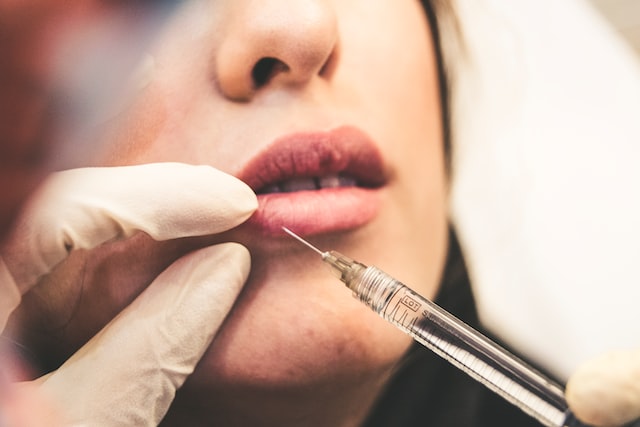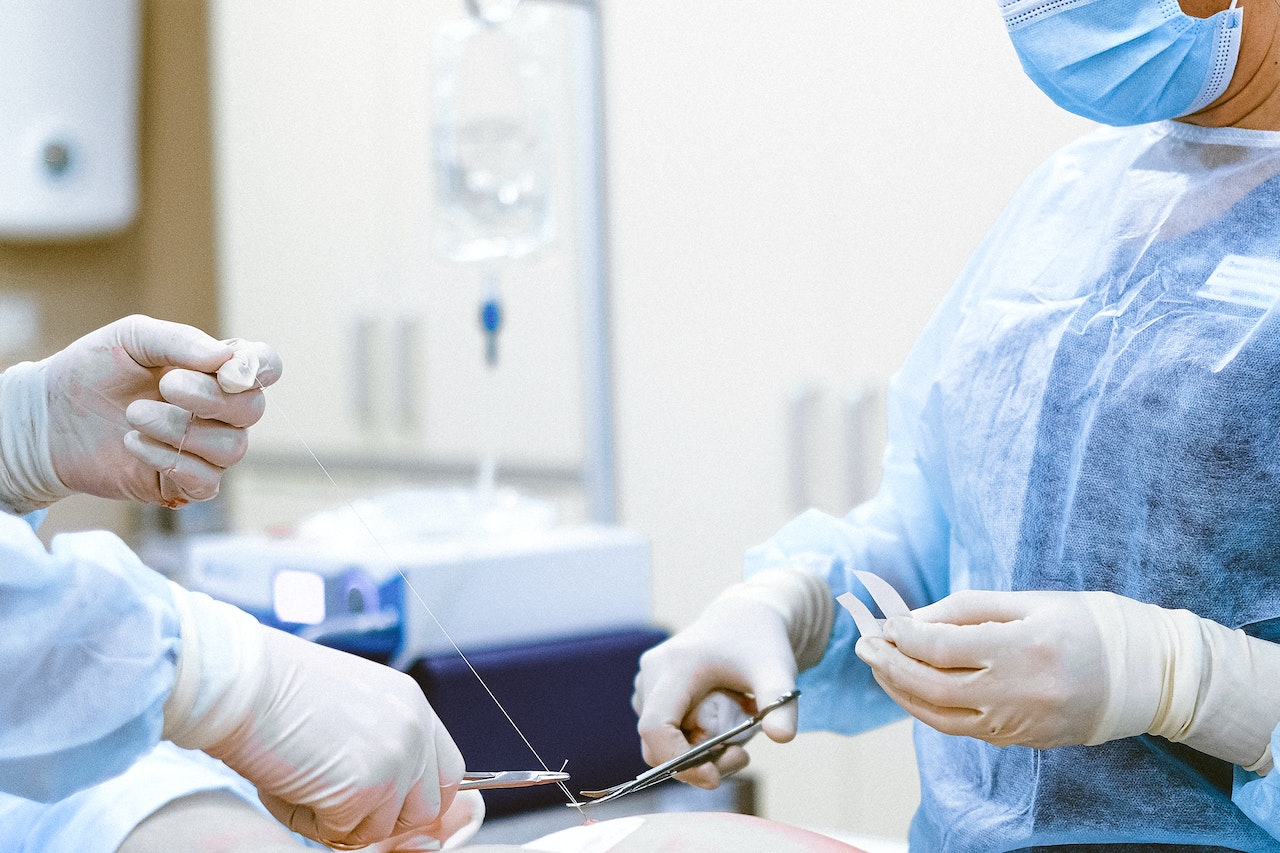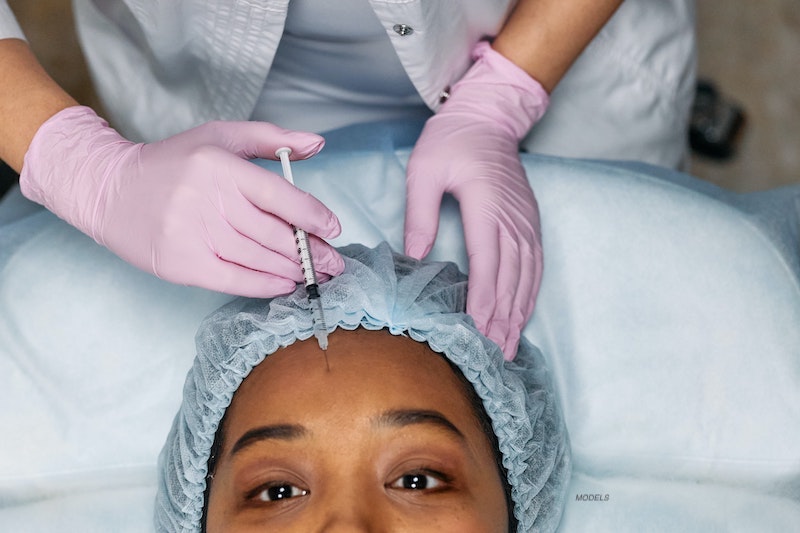What You Need to Know About the Plastic Surgery Paradox
6 Minute Read:
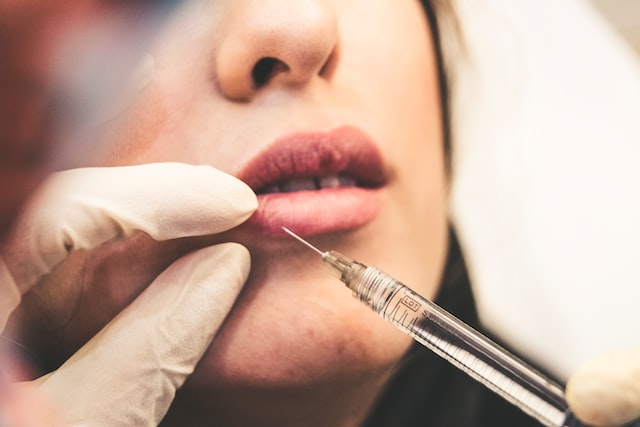
The progress of medicine in the previous period allowed us to solve almost any aesthetic problem we might have. We use this opportunity more and more frequently, given that plastic surgery has become available to practically everyone. Through advertising campaigns, people are often encouraged to undergo aesthetic procedures and even present it as an act of courage and strength, only to be exposed to belittlement and condemnation. This phenomenon is called the plastic surgery paradox. It is the reason why most patients who have gone through the procedures are reluctant to talk about them and why people are hesitant to take this step and make the change they want and sometimes they need. So what is it, and what do you need to know about the plastic surgery paradox?
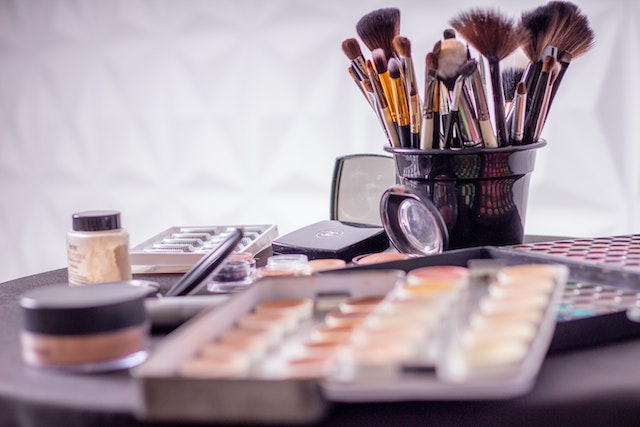
The question arises as to why our attempts to cover up our flaws with make-up or wardrobe are socially acceptable while cosmetic surgery causes so much negative attention.
Beauty standards
We often hear that modern women feel compelled to meet near-impossible standards of beauty imposed on them by contemporary society. However, it seems that it is not such a new thing. We can only remember whitened faces with lead-based preparations and giant powdered wigs at the courts in the sixteenth century. We have always been ready to go far to present ourselves in the best possible way. What is relatively new is our ability, thanks to medicine, to make corrections that we could only dream of until recently by using medically fully verified and safe procedures. But for some reason, they carry with them a social stigma. The question arises as to why our attempts to cover up our flaws with make-up or wardrobe are socially acceptable while cosmetic surgery causes so much negative attention.
What you need to know about the plastic surgery paradox
The plastic surgery paradox is very prominent nowadays. As usual, when the public expresses itself on particular issues with so much emotion, there are justified reasons for it. Genuine concern for people’s well-being is often the reason for a negative opinion about aesthetic surgical procedures, but the way it is carried out is somewhat problematic. What are the positive and negative aspects of this phenomenon?

Social pressure to promote natural beauty and diversity can have a positive social impact.
The good
The industry of aesthetic procedures on a global level is expanding. It offers more diverse treatments that are more and more accessible to the general public. According to some projections, by 2030, the total value of the industry will rise to 330 billion dollars globally. The large sums of money at stake make some companies lead aggressive advertising campaigns that contribute to unrealistic societal pressures on appearances that are considered harmful to body image. At the same time, according to some research, even 86% of all cosmetic procedures were performed on women. It seems that the industry exploits women’s insecurities and contributes to social pressures to meet unrealistic ideals of appearance. In these circumstances, social pressure to promote natural beauty and diversity can have a positive social impact. But it has to be focused on the promotion of positive values and education rather than useless hate campaigns on the internet.
The bad
Treating all aesthetic procedures the same way as an expression of one’s vanity is wrong. We can agree that one’s perception of beauty is an individual thing. But so is the perception of personal happiness and contentment. Many people are deeply dissatisfied because of aesthetic problems that are solvable with relatively simple procedures. Those people should have the freedom of personal choice without having to face social stigma because of their decisions, especially considering that nearly 90% of aesthetic procedures involve non-surgical treatments.
The ugly
Unfortunately, too often, we have situations where people who have undergone cosmetic surgery experience dirty media campaigns. Such campaigns use deliberately chosen bad photos that often create a false impression of the results of the procedure. The clickbait texts that accompany them are sensationalist and written with the sole purpose of making as much money as possible. Campaigns continue on social networks with insults and ridicule. We often overlook that aesthetic treatments are crucial for a patient’s mental health, self-esteem, and confidence. The vast majority of people who undergo cosmetic procedures later report that they feel more confident and that their decision was the right one and improved their lives.
Why some don’t like aesthetic surgery
Although the number of negative experiences and complications is minimal and, as we have already said, the patients who underwent the procedure believe that they made a good decision, we still have people with a negative view of plastic surgery. Why?

Don’t pay attention to what people say and the plastic surgery paradox. Instead, find yourself a good surgeon.
Health issues
It wouldn’t be true if we told you that plastic surgery doesn’t carry any risks. It can potentially be harmful to your health, but the possibility of that happening is now very low. Today, in the modern age, there are specialists you can find and go to who are terrific at their job. The use of contemporary equipment also lowers the likelihood of anything bad and unwanted happening. Some surgeries are optional such as cosmetic ones, but some operations are necessary to happen. Put your trust in your chosen surgeon. Don’t overthink it.
Find someone professional
To avoid possible health issues, look for someone who is proven to be the best. Some countries, like Switzerland, are known to have the most skilled plastic surgeons. So, if you plan to visit or possibly move there, have that in mind. Experts from 24/7 Logistics Services advise you to always turn to professionals for help and advice about moving. They will explain everything you need to know.
Aesthetic surgery as unnatural
The often negative attitude toward cosmetic surgery is the result of a deeply rooted belief that corrections often look unnatural and violate the dignity and sanctity of the body. As we have already said, most interventions today are non-surgical. Also, how natural the correction will look depends on the knowledge and skill of the doctor who performs the procedure. When it comes to surgical treatments that some patients may demand, which may look unnatural, it depends on the doctor’s ethics whether he will accept them or try to recommend the best solutions for his patient. A relationship of trust must be the basis of every doctor-patient relationship. When it comes to plastic surgery, it is even more essential.
Conclusion
We can conclude that the plastic surgery paradox is terribly toxic. That’s why you should only listen to yourself and not let anyone else’s opinion stop you from doing what you want. In the end, it is your life and your body. And that’s the only thing that matters.







